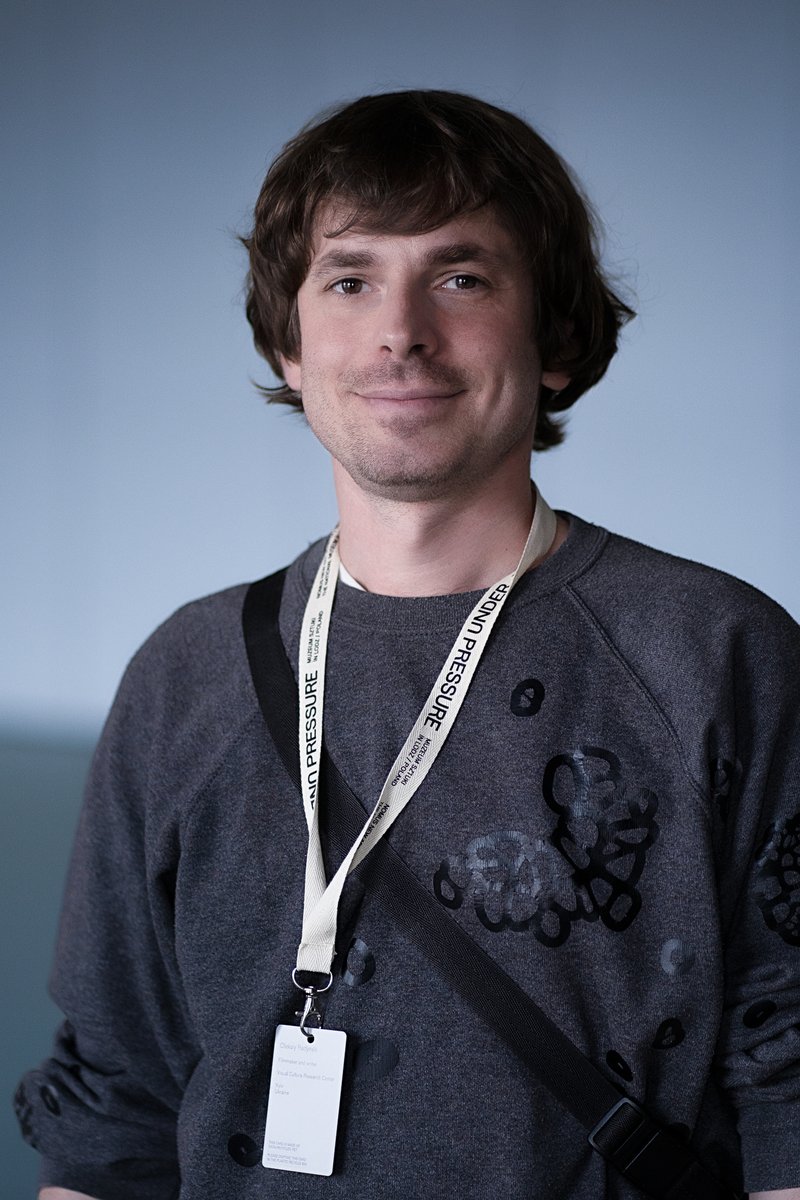Oleksiy Radynski
Day 2: Museums as Spaces for Recognizing Differences
Perspective 5 – 6 November 2021
Oleksiy Radynski, Filmmaker and Writer, Visual Culture Research Center, Kyiv, Ukraine.
Abstract
Museum of Extraction
Over the past decade, museums in the East of Europe have found themselves on the frontlines of numerous battles. Some of those frontlines were symbolic and some very real, like the frontline at the steps of the National Art Museum in Kyiv during the violent clashes in the winter of 2014, between the riot police and the anti-government protesters; or the museum in Stanytsia Luganska in East Ukraine, located several hundred meters away from Russia-occupied territory and heavily bombed during the Russian invasion[JW1] . Many more museums found themselves at the forefront of class war from above, waged by the war-profiteering elites under the guise of so-called market reforms. Shrouded under the thick cloud of “culture war,” this class war normalizes xenophobic, extractivist capitalism by distracting public opinion with the perpetual process of “‘de-communization.” What’s actually the cause of those fierce attacks against the museums that store the relics of the Communist past, thirty years after the demise of the USSR? What if these attacks are actually a way to conceal the intensification of an extractivist attitude towards the planet, the economy, humans, and the other species—an attitude that actually produced the climate emergency? Does the era of Soviet Communism—an era itself marked by ruthless colonialism and resource extraction—contain any knowledge that could be beneficial in times of climate emergency? What would be the use of post-Soviet museums in that context? Can we imagine an era of resource extraction getting canceled, abandoned, and museified, like the way the Soviet era was canceled around thirty years ago?

Biography
Oleksiy Radynski is a filmmaker and writer based in Kyiv. His films have been screened at Oberhausen International Short Film Festival, Kurzfilmtage Winterthur, the Institute of Contemporary Arts (London), DOK Leipzig, bar laika by e-flux, and the Kmytiv Museum, among other venues, and received awards at a number of film festivals. He gave talks and presentations at Berlinale Forum Expanded, Museum of Modern Art (New York), International Studio and Curatorial Program (New York), Shtab (Bishkek), Stroom Den Haag, and Architectural Association (London). His texts have been published in Proxy Politics: Power and Subversion in a Networked Age (Archive Books, 2017), Art and Theory of Post-1989 Central and East Europe: A Critical Anthology (MoMA, 2018), Being Together Precedes Being (Archive Books, 2019), and in e-flux journal. After graduating from Kyiv-Mohyla Academy, he studied at the Home Workspace Program (Ashkal Alwan, Beirut). He is a participant of the Visual Culture Research Center, an initiative for art, knowledge, and politics founded in Kyiv, 2008. He was a 2019–2020 BAK Fellow at basis voor actuele kunst, Utrecht.